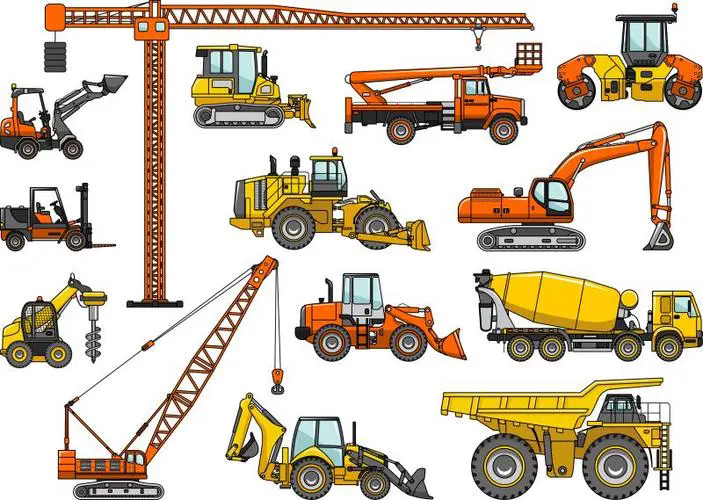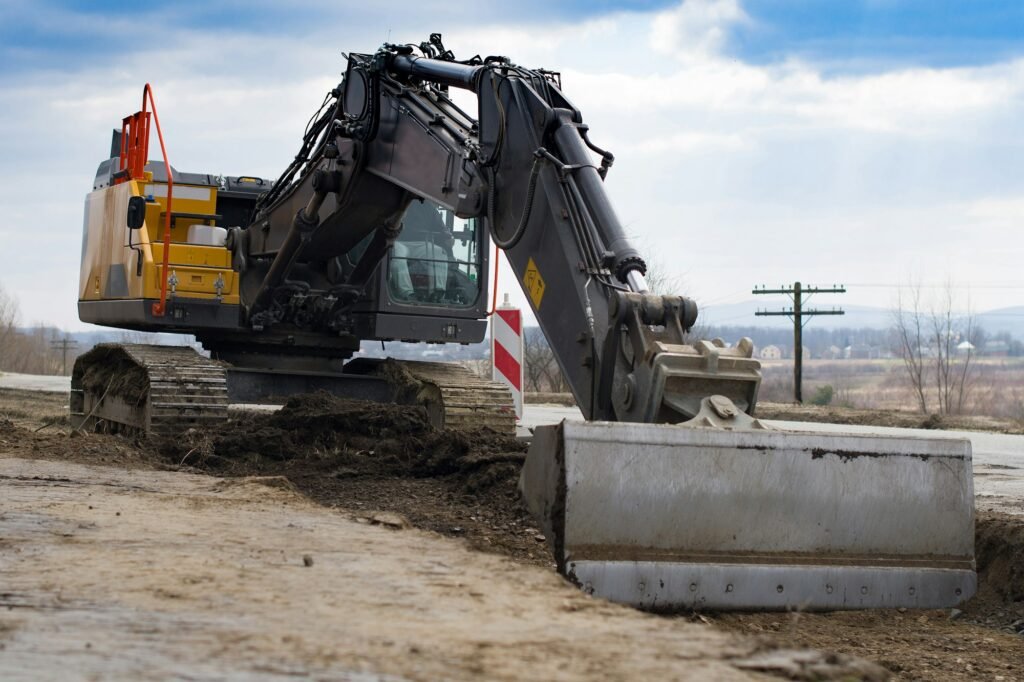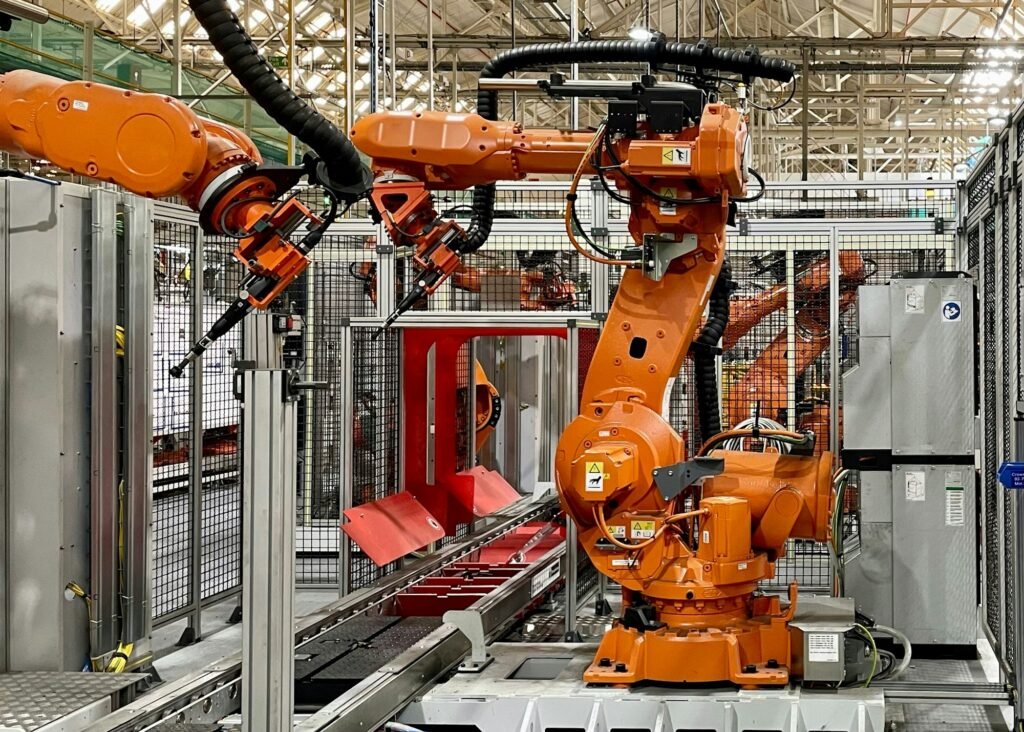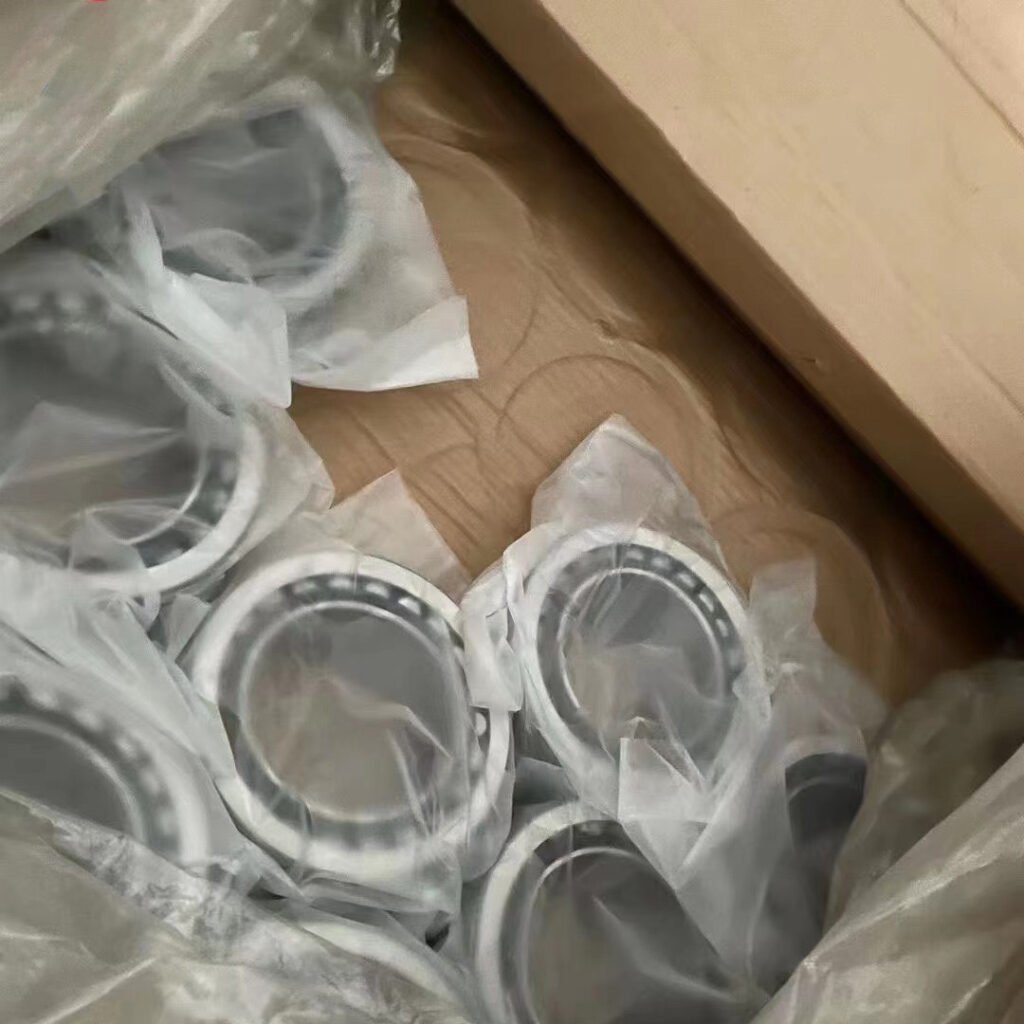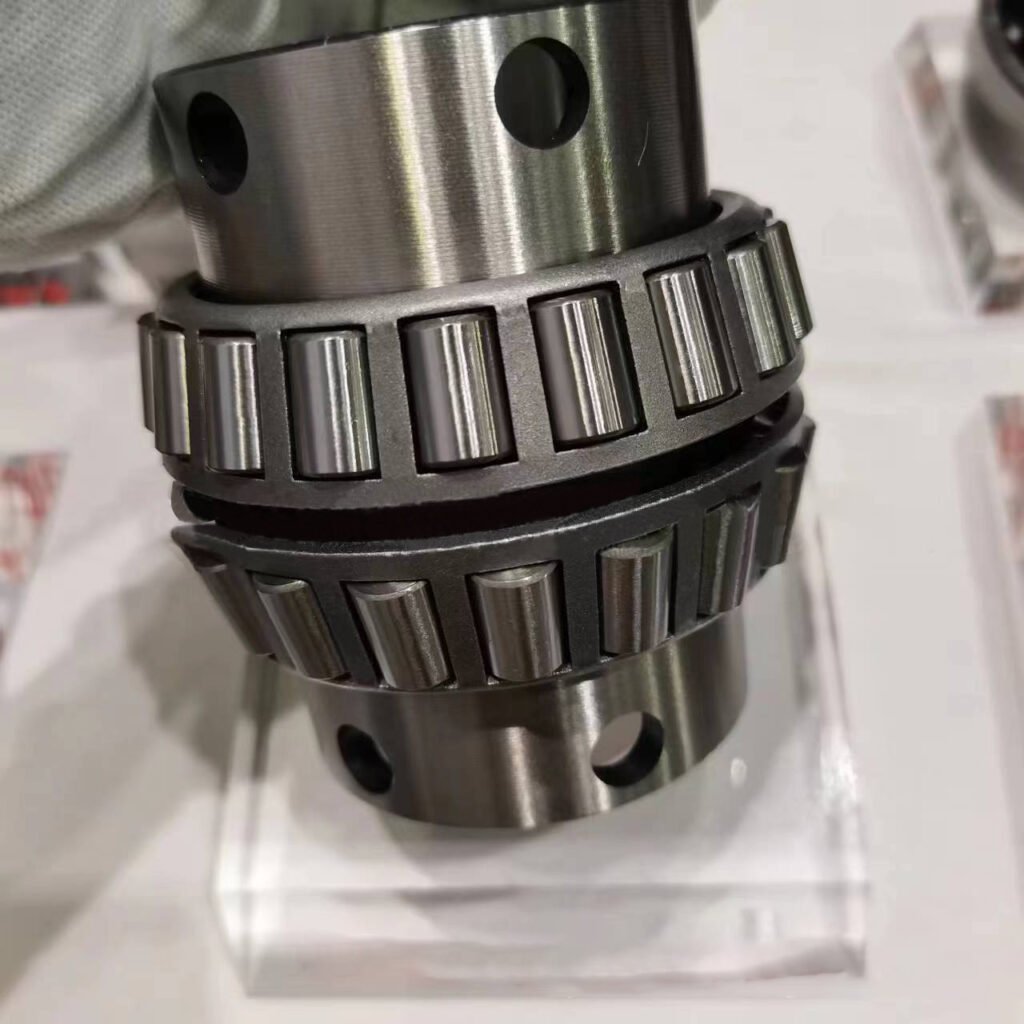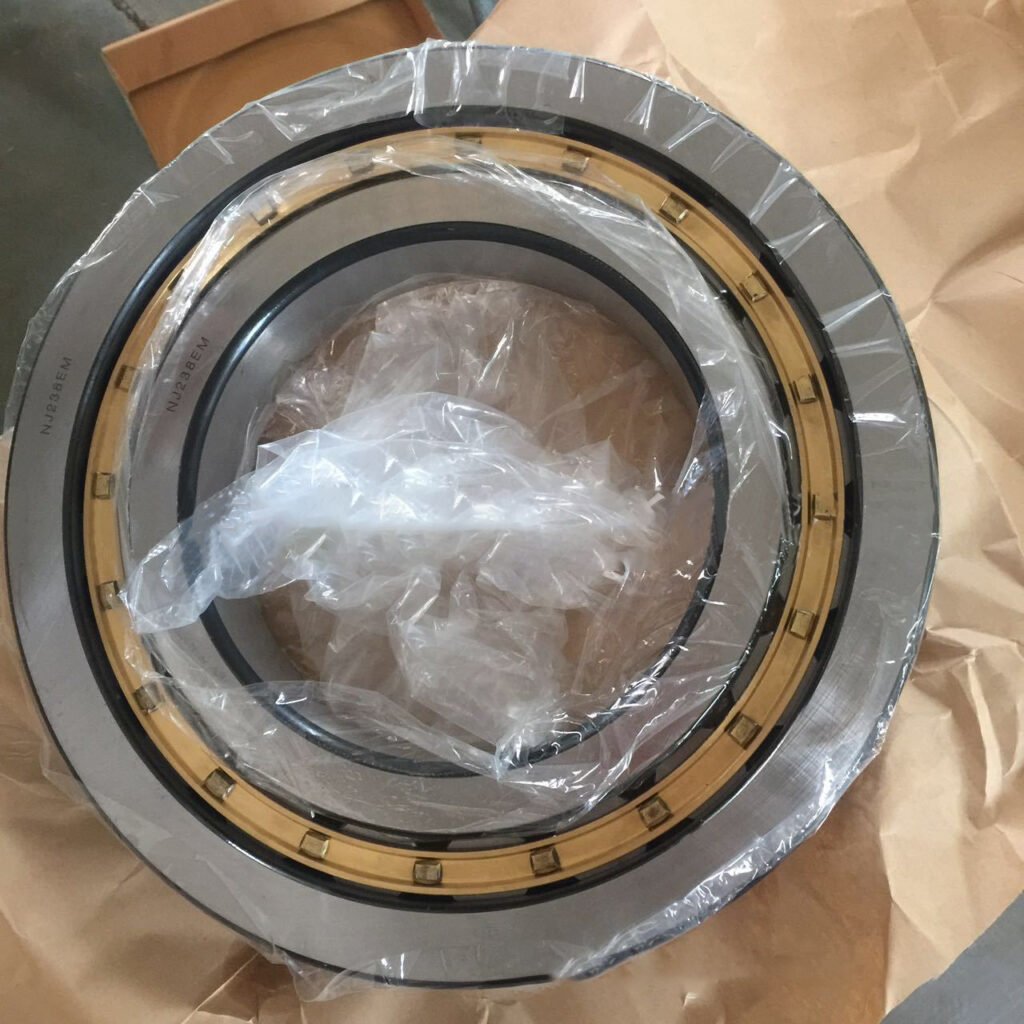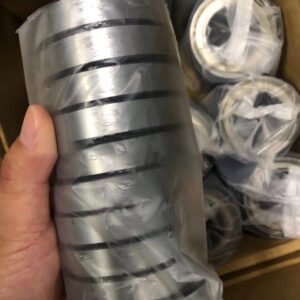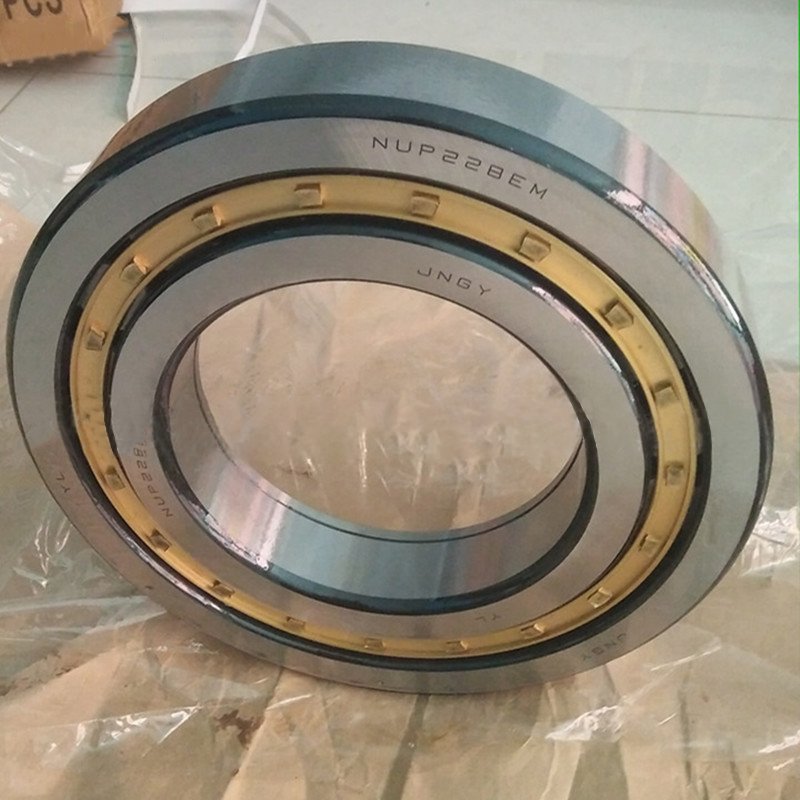Precision bearings are widely used in the field of mechanical manufacturing. Depending on the use scenarios of mechanical equipment, the requirements for bearing precision grades are also different. VKUKEN often receives inquiries from customers about bearing precision grades p0 and p2. What is the difference between the grades? What are the specific precision grades? How to choose precision bearings and a series of other questions. Our bearing application engineer Maxwell decided to write an article to introduce the professional knowledge of precision bearings. Please read below.

What are the precision grades of bearings?
The precision of bearings is mainly divided into dimensional accuracy and rotational accuracy. The precision grades have been standardized. According to the ISO classification standard, precision bearings can be divided into 5 levels: P0, P6, P5, P4, and P2. The current code generally adopts the German DIN standard. P0 (0 level), P6 (6 level), P5 (5 level), P4 (4 level), P2 (2 level). The precision level increases in sequence, among which P0 is the ordinary precision of bearing products, and other levels belong to the precision level. The higher the level, the higher the running precision, high-speed rotation, and friction and friction change requirements of the bearing.
The general standard level of bearings is P0, which is omitted in the bearing model. Only P6 or above, the grade code appears in the bearing model.
For example: 6205 and 6205/P5, the precision level of 6205 is P0, but it is omitted. This gives people the impression that P0 is a non-precision grade bearing.
The difference between precision bearings and ordinary bearings
- The size requirements are different. The size deviations (inner diameter, outer diameter, ellipse, etc.) of products with high precision grades are smaller than those of products with low precision grades;
- The rotation accuracy requirements are different. The rotation accuracy (inner radial runout, outer radial runout, end face runout to raceway, etc.) of products with high precision grades are stricter than those of products with low precision grades;
- The surface shape and surface quality requirements are different. The surface shape and surface quality (surface roughness of raceway or groove, circular deviation, groove deviation, etc.) of products with high precision grades are stricter than those of products with low precision grades;
- The material properties of products with particularly high precision grades are more favorable than those of products with general precision grades.
Generally speaking, the precision grades of finished rolling bearings are divided into the following six grades (from low to high): 0, 6, 6X, 5, 4, 2.
In addition to the difference in processing technology, bearings of various precisions also differ in value.
How to choose the bearing precision grade?
- P0-grade bearings are generally used for bearing systems with a rotational precision greater than 10μm, and are more common in general machinery such as ordinary machine tool speed change mechanisms, feed mechanisms, and automobile speed change mechanisms.
- P6-grade and P5-grade bearings are used for systems with a precision range of 5-10μm. For precision bearing systems with higher rotation speeds, such as aerospace and other fields, more precise bearing products will be used. Different grades of bearings will be used in combination according to the needs of the equipment. For example, for ordinary lathes, the front support requirements will be high, and the rear support only needs P6.
- P4-grade and P2-grade bearings are used in ultra-precision machinery with a precision of less than 5μm or extremely high rotation speeds, such as precision coordinate boring machines, precision grinders, gears, reducers and other equipment.
In another article of mine, I talked in detail about the difference between precision bearings and ordinary bearings and the installation requirements of precision bearings.
As a professional bearing manufacturer for more than 30 years, VKUKEN can produce high-precision bearings up to P2 level. We have extensive experience in producing P0, P6, P5, P4, P2 and other grade bearing products. We can customize high-precision bearings according to customer needs to meet the needs of customers in various usage scenarios.

